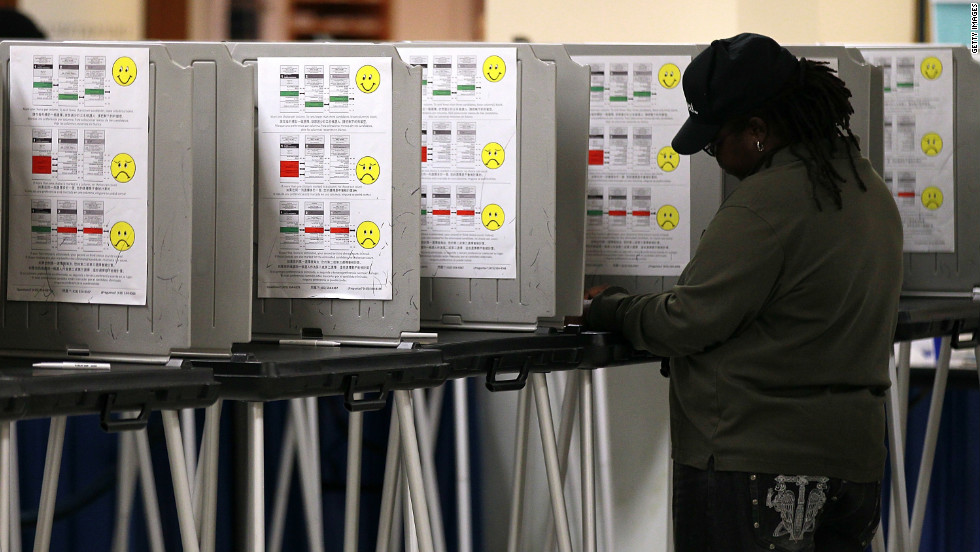Donald Trump spent the three months between the November election and the inauguration of Joe Biden as the 46th president insisting — via public pronouncement and tweet — that the 2020 race had been stolen from him.
Despite the fact that he never provided ANY evidence to back up that claim — and the fact that courts across the country roundly rejected lawsuits on the matter as specious (at best) — Trump quite clearly convinced lots and lots of Republicans of his false view.
How many? Try 76% of self-identified Republicans in a new national Quinnipiac University poll. That’s the number of Republicans who said they believe there was “widespread fraud in the 2020 election.”
Yes, you read that right. Three in every four Republicans in the poll agreed with the idea that there was “widespread” wrongdoing in last November’s election.
And it’s not just Republicans. More than one in three political independents said the same in the Quinnipiac poll. Heck, 4% of Democrats agreed! (Overall, 36% said there was widespread fraud in the election while 59% said there was not.)
What’s truly remarkable about all of this — and not to sound like a broken record here but COME ON — is that there is not now nor has there ever been any evidence to back up Trump’s wild claims. In fact, on the same day this poll came out, Smartmatic, a voting technology company, launched a $ 2.7 billion lawsuit against some of Trump’s most ardent defenders including Fox News, Rudy Giuliani and Sidney Powell, citing their attempts to wage a “disinformation campaign” in the wake of the election. (Trump backers said that Smartmatic technology was used to rig the election against Trump, without proof to back up those claims, according to the company.)
So what explains why so many Republicans (and even a decent chunk of independents) believe something about the 2020 election that is simply not true? A few theories (none of which are mutually exclusive):
1. There is a chunk of Trump loyalists who simply believe whatever he says. Or maybe more accurately, who disbelieve anything the mainstream media says.
2. The internet has helped fuel conspiracy theories, connecting like-minded (and ill-informed) people together in ways they would have never found themselves before. As Politico noted last year, we are living in the “golden age” of conspiracy theories.
3. Trust in institutions that have long formed the backbone of our society — government, churches, the military, the media — has been on a steady downward trajectory for the decades now. That erosion of faith has created a willingness to believe the worst — always — about the institutions shaping our daily lives.
Regardless of the reason (or reasons), it’s still a very sobering number. And yet more evidence that Trump’s greatest legacy will be his assault on facts and the very notion of truth. He may be gone from office, but we are likely to feel the impacts of the reality he helped create for years to come.
>>>>
